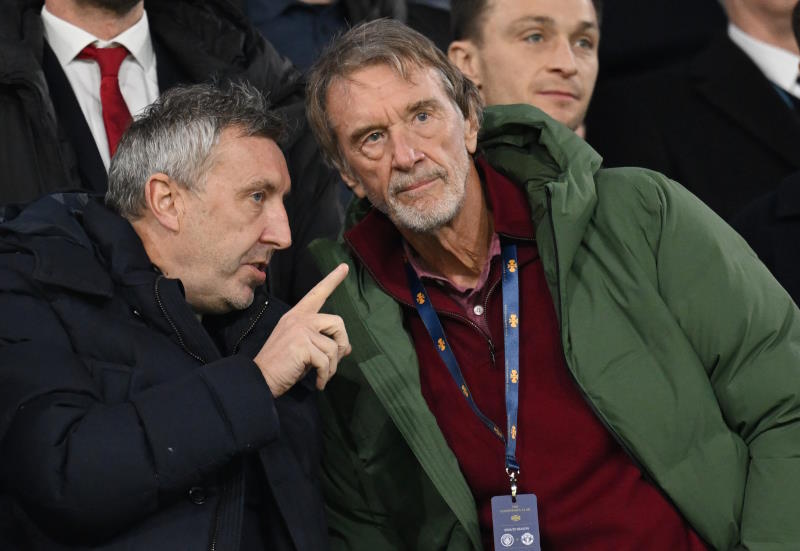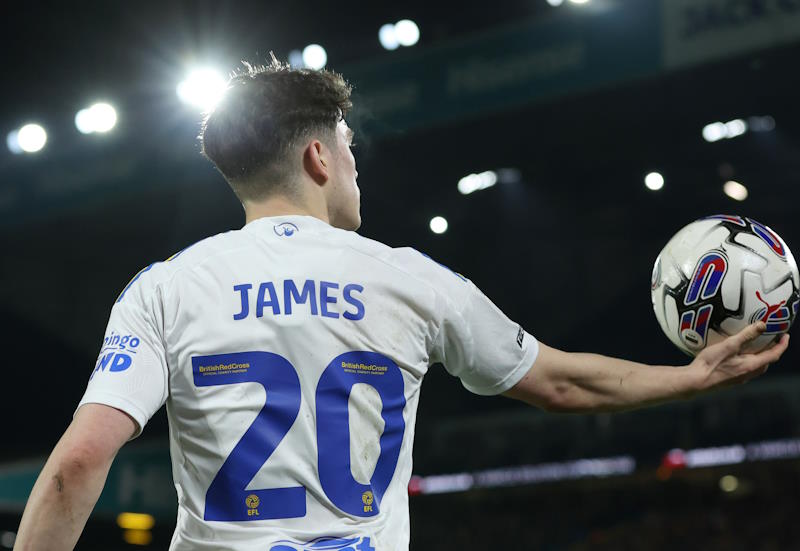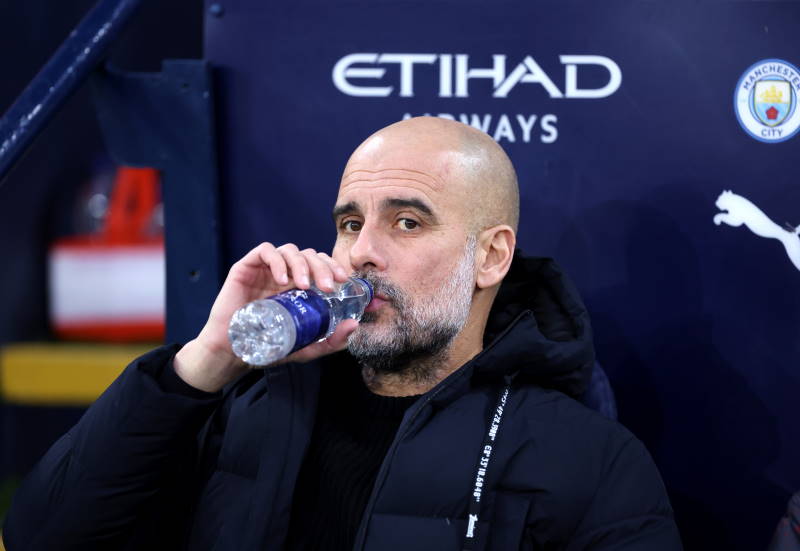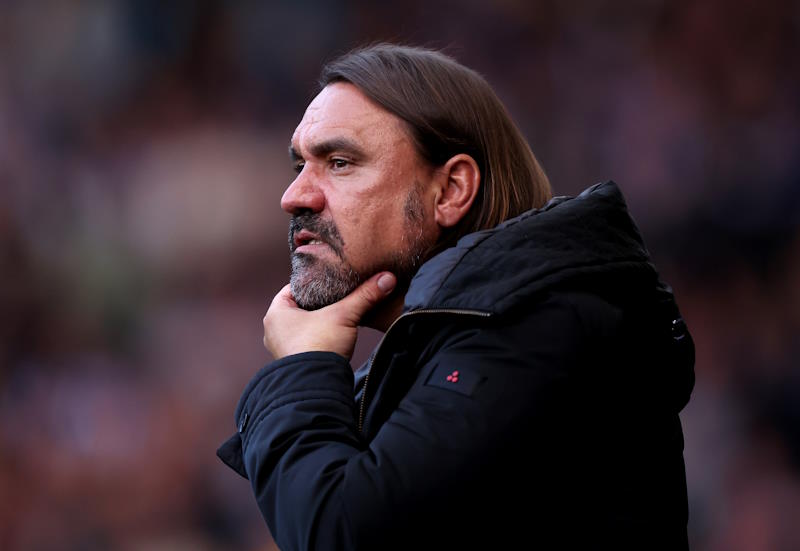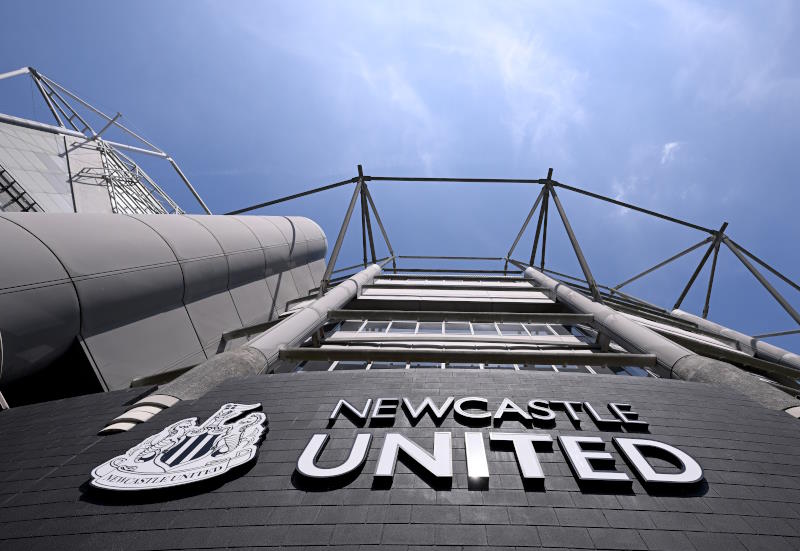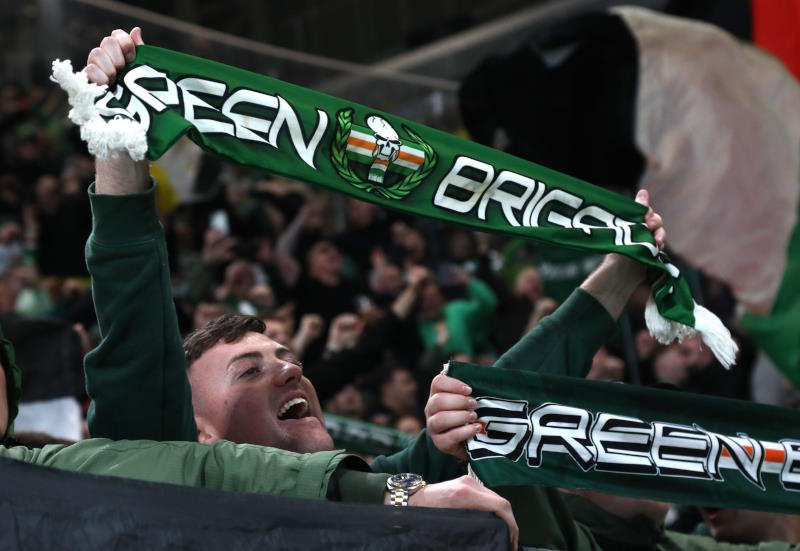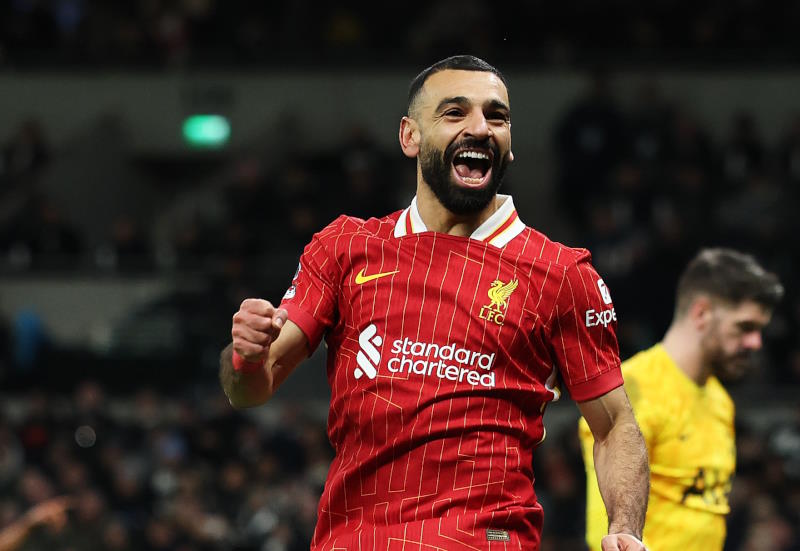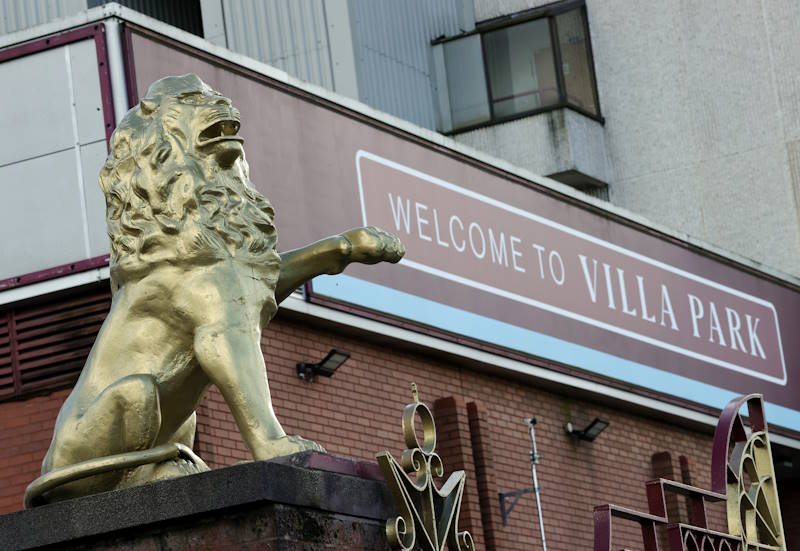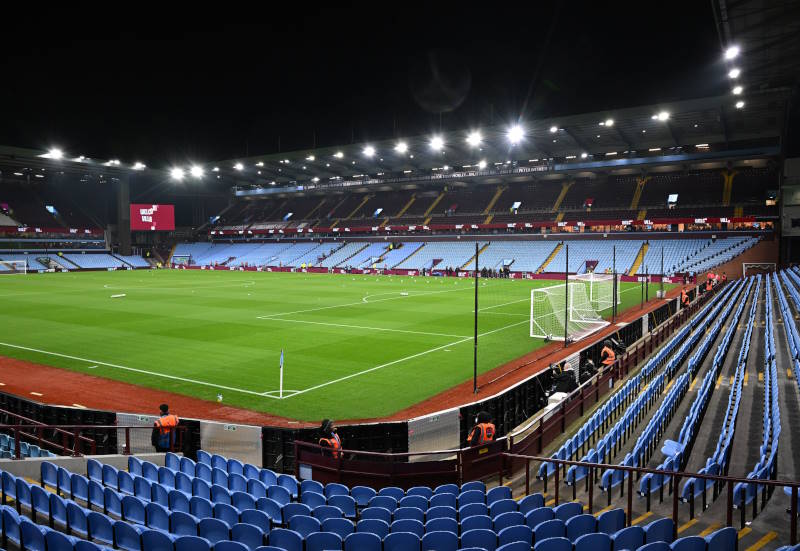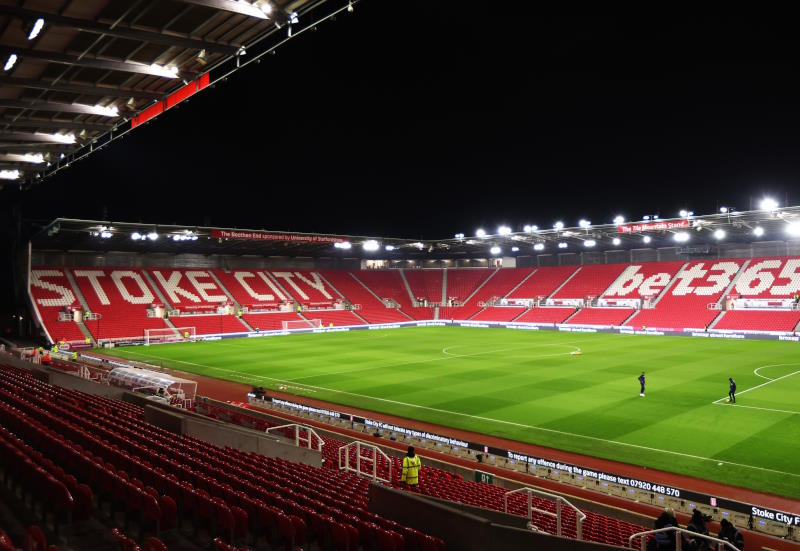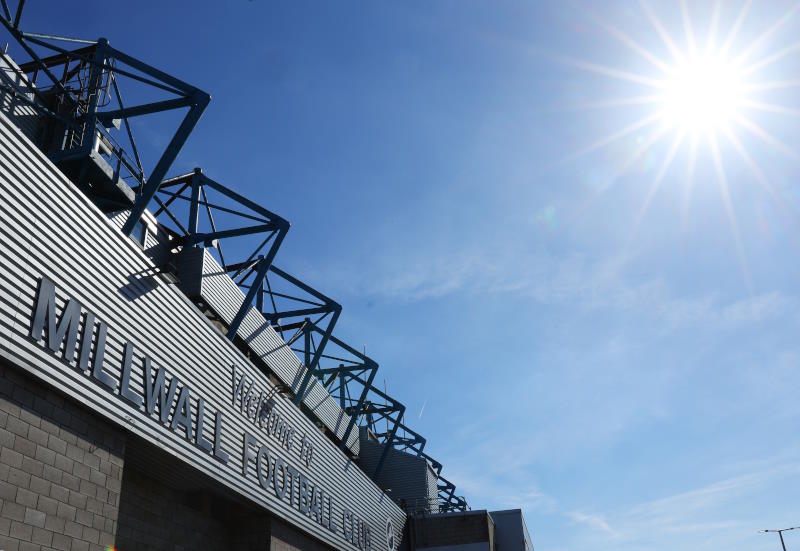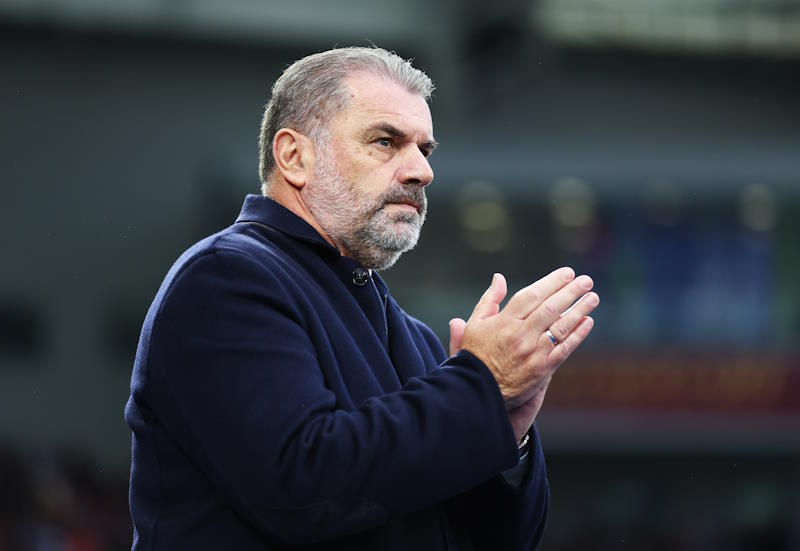
Phillip Buckley
So, Michael Owen, after being derided for weeks on end and suffering the ignominy of being linked with moves to Hull and Stoke City respectively, has had the last laugh.
Owen’s arrival at Manchester United could not have been predicted, and it is somewhat of a surprise that the English champions decided to move for a striker most in the game believe to be past his best. This might seem strange, after all the former Liverpool man is only 29, an age where most players are enjoying their peak. But the truth is Owen’s career has been on a downward spiral since he left Liverpool in 2004. Now though, he has the perfect chance to be reborn.
For many Owen’s decision to join Newcastle United, when returning from Real Madrid, in 2005, signalled a lack of ambition, at club level at least. The Bernabeu was left easily, with little fight. After being told he was surplus to requirements at Madrid, Owen decided to depart.
Another former Liverpool player had been in a similar situation with Los Merengues long before Owen arrived. Steve McManaman was too told it was time to move on. He was not wanted at Madrid, but McManaman understood how quickly politics at the Spanish giants can change. He had a contract, he would see it out. By the end of the season McManaman had featured in two thirds of the club’s games and had a La Liga winners’ medal round his neck.
The reason Owen joined Newcastle then is perhaps the main reason he has signed for Manchester United now, to prosecute his bid for a World Cup place. Make no mistake, signing for the bitter rivals of the club which developed you and which you played with for eight years is not a decision to take lightly. In one swift blow Owen has made himself hated amongst the Liverpool faithful. But Owen has also guaranteed it will be hard for Fabio Capello to overlook the striker for England’s World Cup squad. What better showcase for his talents than Old Trafford?
On a free transfer the overwhelming reaction to the move has been one of praise for Sir Alex Ferguson. The conventional wisdom being that Owen is not a gamble, after all he has cost nothing and his wages are not through the roof. All in all it is hard to argue with this analysis, from a financial point of view. There can be little doubt Carlos Tevez was paid more per week than Owen will be, and Tevez’s loan move set Man Utd back a cool £10M, whilst his permanent capture would have cost £25M. But look at the move from a purely footballing perspective and all is not so cut and dried.
Owen arrives at Old Trafford as a replacement for Carlos Tevez. At least it is unlikely Sir Alex Ferguson will bring in a higher profile striker than Owen this summer. Surely Owen can’t be a real replacement for the Argentine. After all, they are completely different players. Tevez is a bulldog of a forward, who will literally work himself into the ground for the team, lapping up 60 games a season. He also has that touch of South American flair about him, combined with a physique that makes him hard to dislodge from the ball. Owen is different. Owen is a poacher. And has not seen 60 games a season on TV, let alone play in them.
And while some of the Old Trafford faithful believe United have needed a poacher since Ruud van Nistelrooy upped sticks for Spain, the truth is that Ferguson’s team no longer play the solid 4-4-2 that would favour such a striker. So will the Scottish boss change United’s system for Owen?
When Owen thrived at Anfield, Gerard Houllier’s team was set up to service the hit-man. A solid defence and counter-attacking style allowed Owen to hang on the shoulder of the last man, pouncing and finishing lethally. Never was there a better example of this than in the 2001 FA Cup final against Arsenal, where two late Owen strikes won the cup for the Reds. Top class technique, beating opponents and moments of flair are not, and never have been, Owen’s forte. If United can supply him in the penalty area he will score, more often than not. But if they look to Owen to create something, to magic a goal in the way Ronaldo could to dig them out of sticky situations, then they will be disappointed.
Questions remain over Owen’s fitness and that he has suffered rampant injuries over the past few years cannot be denied. Given the striker’s lack of football over this period it is unlikely he can cope with the demands of playing twice a week regularly. But, due to the champions’ large squad, chances are he will not have to anyway. The problem lies again with the taking up of a squad place, not any eating up of United’s wage bill from the sidelines. This could be even more keenly felt with the transfer window system in place. Injuries to one of United’s other strikers and Owen could leave Ferguson forced to enter the market in January, by which time crucial points could have been lost.
It is doubtful Michael Owen’s move will be one which has title rivals Arsenal, Chelsea and Liverpool quaking in their boots. All could have moved for Owen had they so wished, and there is no evidence any did. The striker can score goals, but there remains little doubt he has lost a yard of pace and the mental scars of such injury torment must remain in some form. When that 50-50 chance to stretch for the ball to prod it home comes, will Owen flinch?
Perhaps this move will in the end turn out to be a stroke of genius from Sir Alex Ferguson, in the same mould as Eric Cantona and Teddy Sheringham. Or it could be another Laurent Blanc or Henrik Larsson, confirming Ferguson’s penchant for signing players he feels “got away” the first time, regardless of whether or not they are what he requires in the here and now. Either way, it is hard to argue against the fact that replacing Cristiano Ronaldo with Antonio Valencia and Carlos Tevez with Michael Owen, makes Manchester United weaker, not stronger. But weak enough to snatch the title from?
Related Articles:

